

Publications
Articles
In July, We Commemorate the 120th Anniversary of Mr.Luo Niansheng‘s Birth in This Manner
2024-07-15
Sourced from WeChat Official Account: Research in Classics
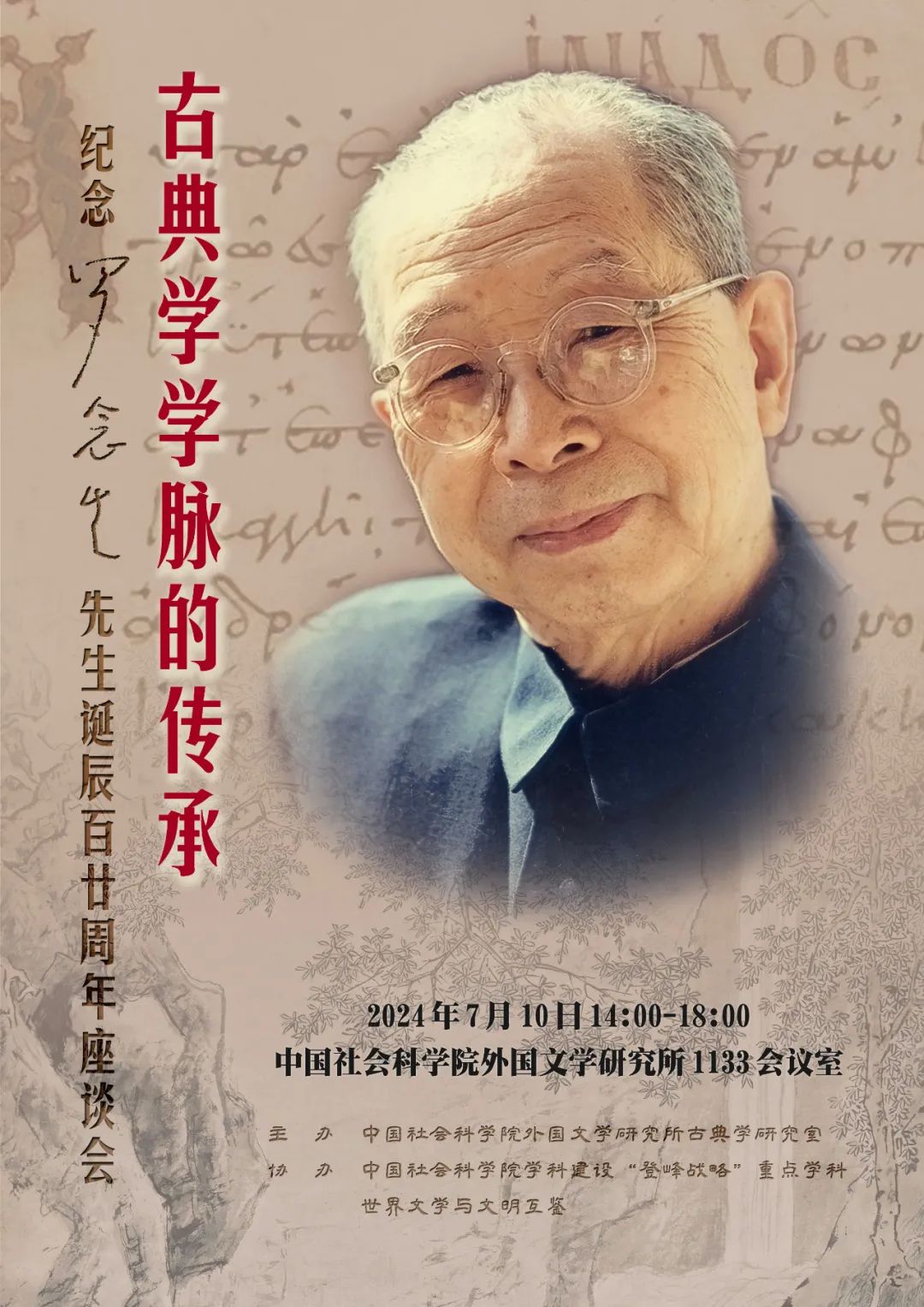
On July 10, 2024, in commemoration of the 120th anniversary of the birth of Mr. Luo Niansheng (July 12, 1904 – April 10, 1990), the founding figure of the classics tradition since the founding of the People's Republic of China (PRC) in 1949, a symposium titled "The Inheritance of the Classics Tradition" was convened in Beijing by the Research Group of Classics, the Institute of Foreign Literature of the Chinese Academy of Social Sciences (CASS).
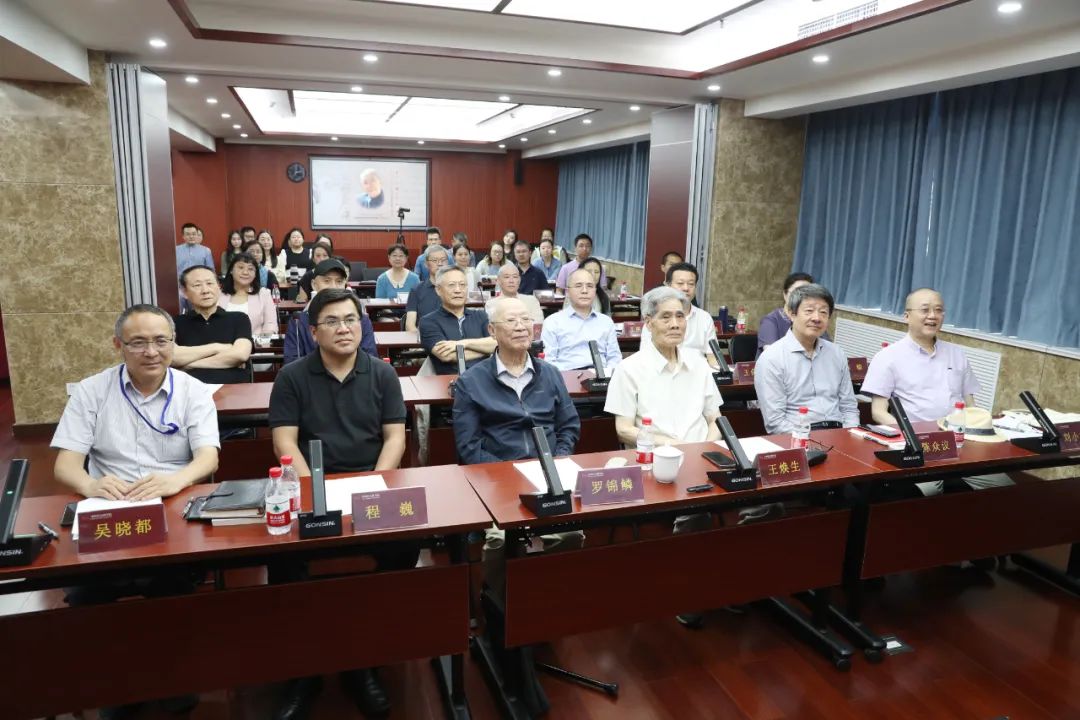
The opening ceremony
Experts and scholars in the fields of classical studies and drama, hailing from the Publicity Department of the Central Committee of the Communist Party of China (CPC), CASS, Renmin University of China, Peking University, Tsinghua University, the Central Academy of Drama, Beijing Language and Culture University, Shanghai Theatre Academy, Beijing People's Art Theatre, and the Beijing Hebei Bangzi Opera Troupe, attended the symposium. They gathered alongside the family of Mr. Luo Niansheng to collectively honor his remarkable achievements and contributions to the realm of ancient Greek and Roman language and literature, and pay tribute to the arduous and pioneering efforts of this founder of classics. The symposium primarily focused on two central themes including "Luo Niansheng and Classics" and "Luo Niansheng and Ancient Greek Drama," fostering a rich exchange and discussion.
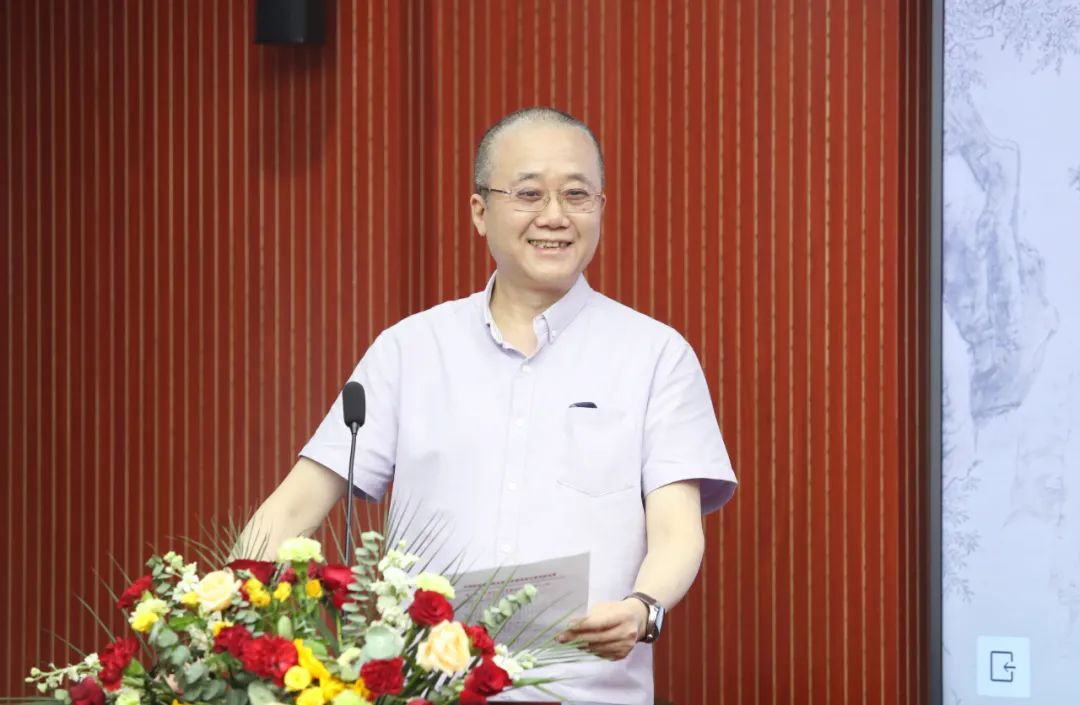
Professor Liu Xiaofeng presides over the opening ceremony
The opening ceremony of the symposium was presided over by Mr. Liu Xiaofeng, director of the Center for Classical Civilization at Renmin University of China, a Level-I Professor at the university, and a distinguished classical scholar. During the symposium, he wholeheartedly acknowledged Mr. Luo Niansheng's monumental contributions and pioneering spirit in establishing the academic lineage of classics since the founding of the PRC in 1949. He encouraged the young scholars present to continue advancing the path of classical scholarship that Mr. Luo had forged and nurturing a profound and humble classical disposition.
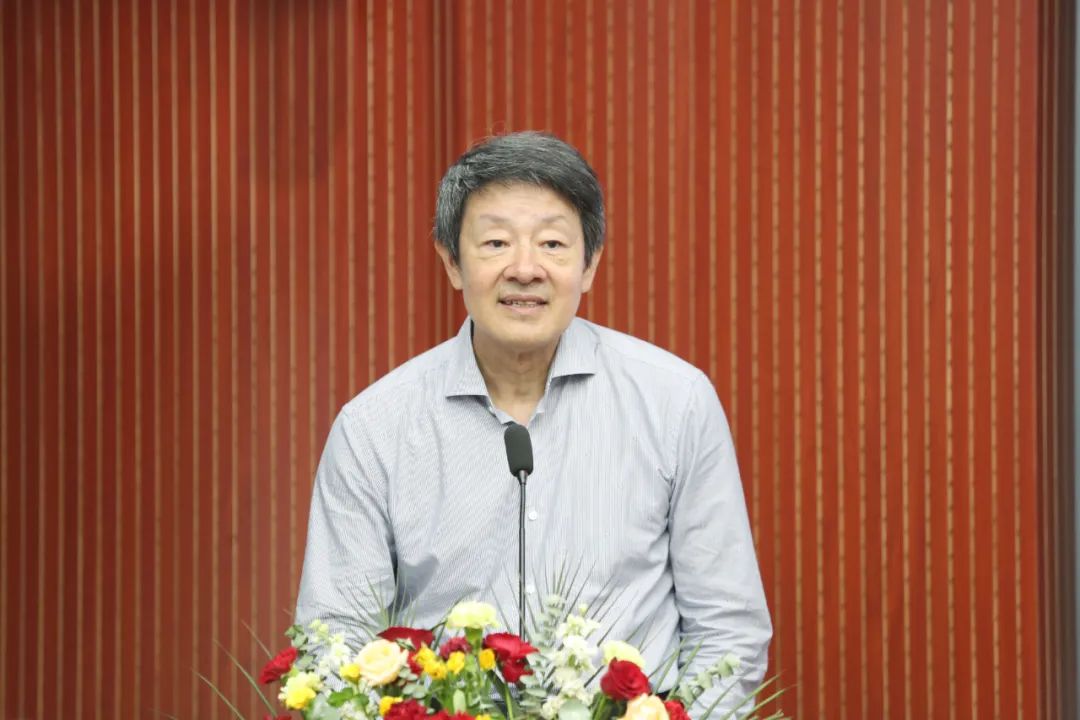
Researcher Chen Zhongyi delivers an address
Chen Zhongyi, academician of CASS and former director of the Institute of Foreign Literature, remarked that classical languages are notoriously challenging, often deterring many scholars. However, Mr. Luo Niansheng devoted his entire life to this field, persevering for over six decades and laying the foundation for classics in China. His translations are precise yet retain their original charm. He devised a transcription scheme for the systematic transliteration of proper nouns. He edited the Ancient Greek-Chinese Dictionary, which filled a significant gap in China's classical reference works. His seminal works On Ancient Greek Drama and On Ancient Greek and Roman Literary Works seamlessly blend Eastern and Western perspectives, offering profound insights into the roots of Western civilization.
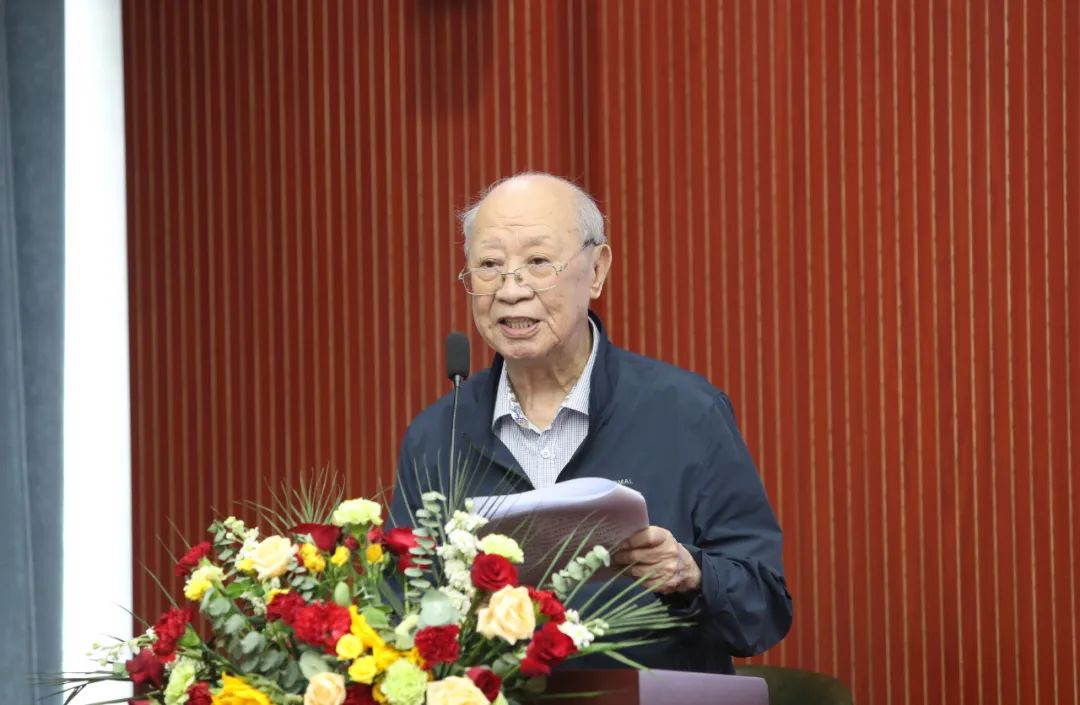
Mr. Luo Jinlin delivers an address
In his heartfelt address at the opening ceremony, Luo Jinlin, son of Luo Niansheng and former vice president of the Central Academy of Drama, poignantly reminisced about his father's academic journey, scholarly pursuits, and intellectual evolution. Luo Jinlin highlighted that Mr. Luo Niansheng, as the first Chinese scholar to study in Greece, made significant contributions to the dissemination of ancient Greek culture in China. He is not only a lifelong scholar dedicated to the translation and study of classical works but also a passionate patriot with a profound sense of national identity. Despite experiencing the ravages of war and national crises, he consistently maintained a pure and unadorned classical spirit.
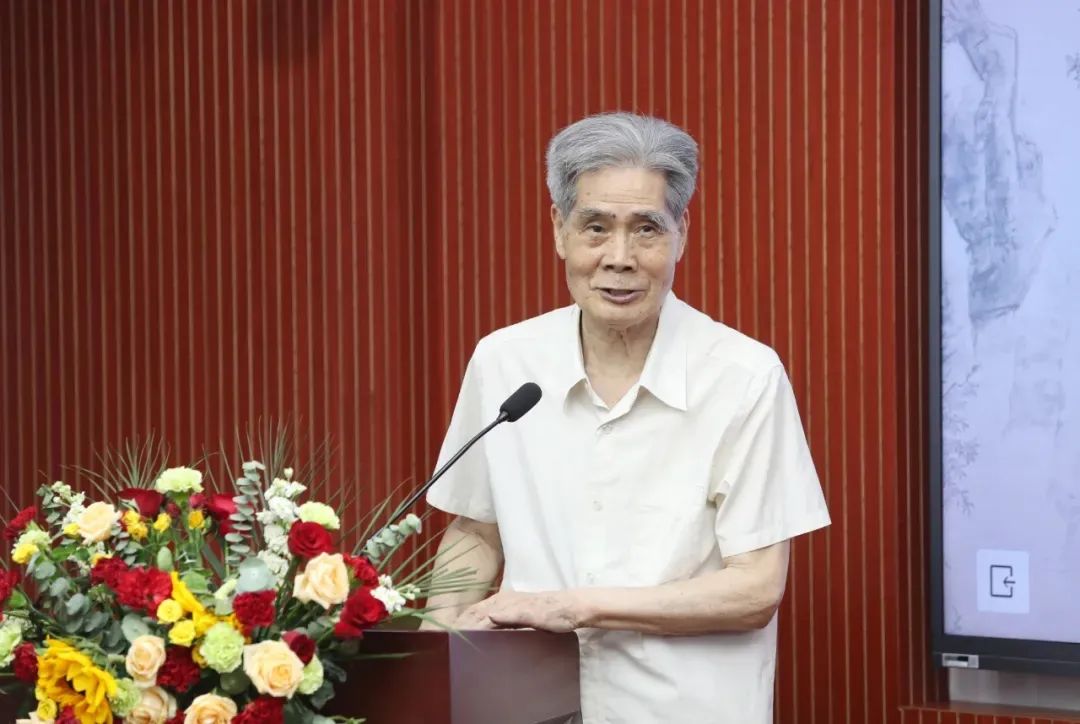
Mr. Wang Huansheng delivers an address
At the opening ceremony, Mr. Wang Huansheng, a researcher at the Institute of Foreign Literature of CASS, delivered a heartfelt speech, reminiscing about the profound and sincere friendship he shared with Mr. Luo Niansheng, his mentor and companion. He recounted how Mr. Luo, during the twilight of his life when he was gravely ill, entrusted him with the translation of Homer's Iliad, a work Mr. Luo held in the highest regard but had only translated up to the Book 10. Mr. Wang, who had previously dedicated his efforts to the translation of ancient Roman literature, immediately took up the mantle to complete the translations of both of Homer's epic poems. Mr. Wang also recalled that during Mr. Luo's lifetime, he resided in the dormitory compound of the CASS on Ganmian Hutong. Due to an ailment that impaired his hearing, Mr. Luo could not hear the knocking at his door, prompting the two to frequently communicate about translation matters through the window by Mr. Luo's desk.
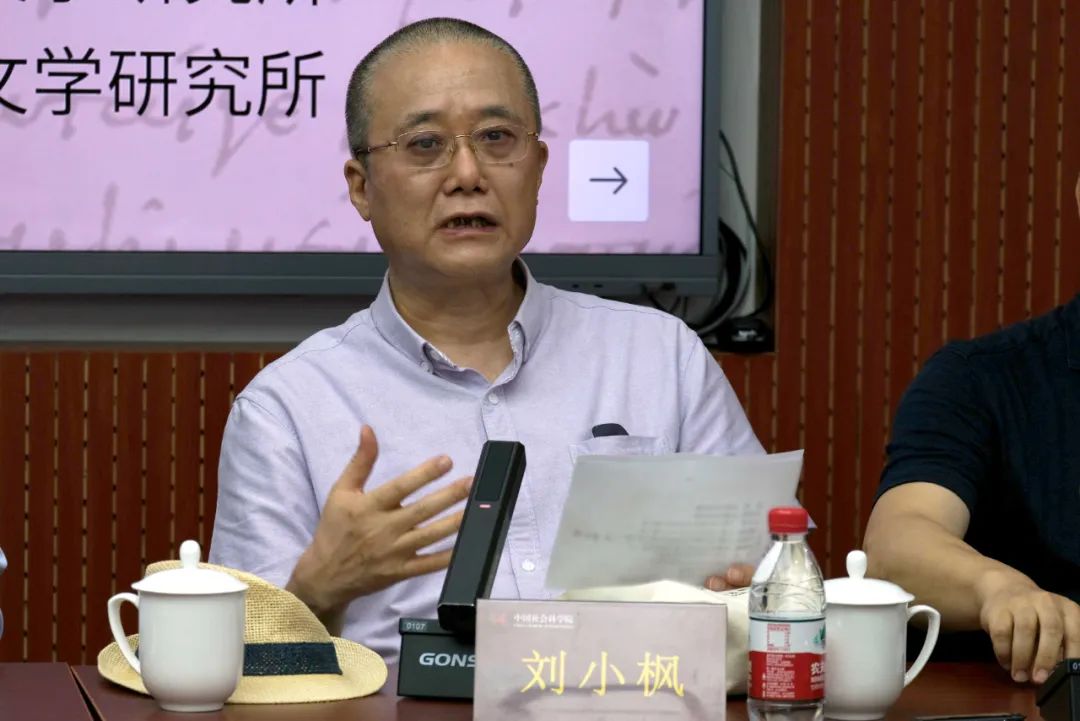
In the inaugural session dedicated to "Luo Niansheng and Classics," Professor Liu Xiaofeng served as the mediator and revisited the historical exchanges between Chinese and Western civilizations. From the perspective of intellectual history, he thoroughly affirmed the value and significance of Mr. Luo Niansheng's translations and research on ancient Greek literature in the context of Chinese-Western cultural exchanges and the annals of Chinese academic history. He emphasized that the study of Greco-Roman civilization holds crucial importance for our understanding of the foundations of Western civilization and for unraveling the "ancient-modern and East-West" debate. As a discipline, classics have found new growth opportunities and space in the Chinese academic community. Scholars engaged in classics should feel a deep sense of admiration for the pioneering contributions of academic forebears such as Luo Niansheng and Lin Zhichun.
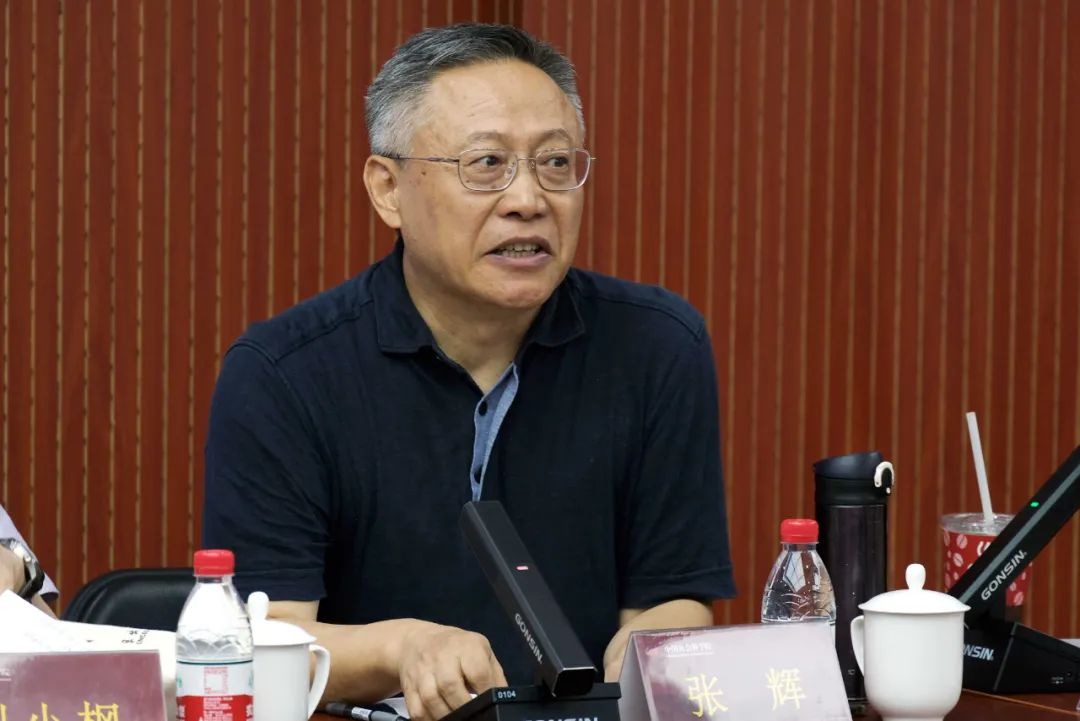
During the discussion session, the first interlocutor, Professor Zhang Hui from the Institute of Comparative Literature and Culture at Peking University, remarked that Mr. Luo Niansheng was a classicist with the soul of a poet. His poetry seamlessly blended the form of modern verse with the essence of traditional poetry. His spirit traversed the great civilizations of the East and West, creating a dialogue between ancient and modern, Eastern and Western poetics. His profound love for his homeland and his aspirations for civilization were vividly expressed in his work.
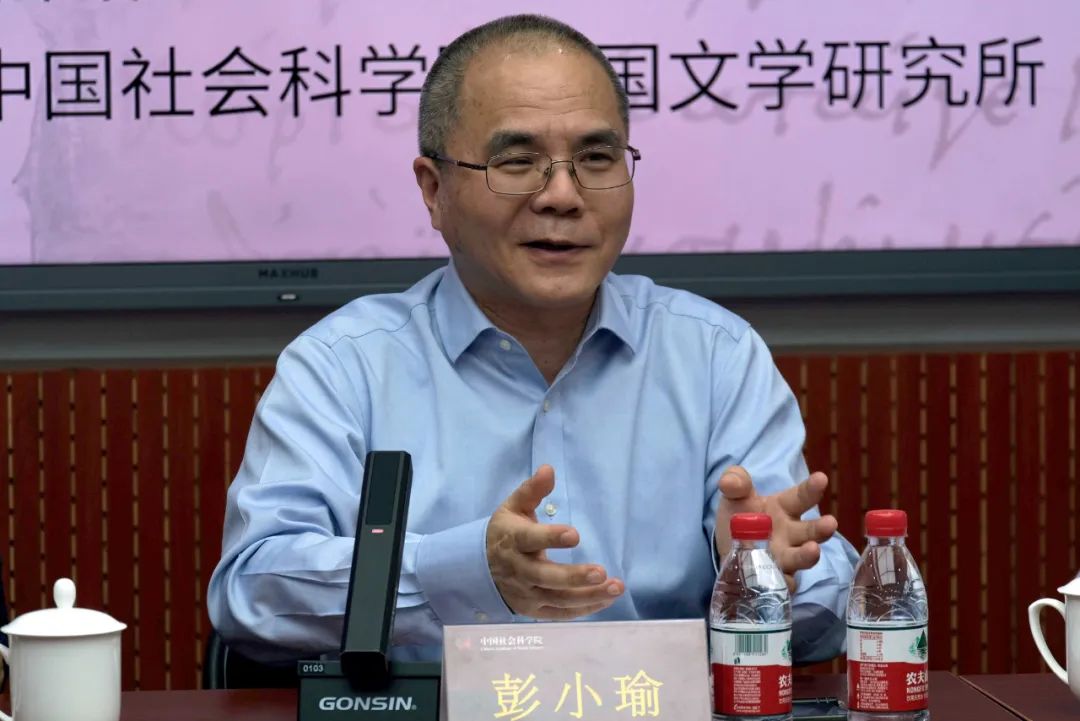
Professor Peng Xiaoyu, director of the Center for Western Classical Studies at Peking University, highlighted that Mr. Luo Niansheng's translation and research of ancient Greek literature have transformed the cultural landscape of Western studies in modern China, establishing a distinctive emphasis on ancient Greek studies in the current academic structure. He posits that the study of Chinese cultural and intellectual history can also extend to the history of foreign literature reception, with Mr. Luo himself serving as a significant subject of intellectual history research. His profound insights into Chinese social issues, as demonstrated through his Western studies, merit considerable attention.
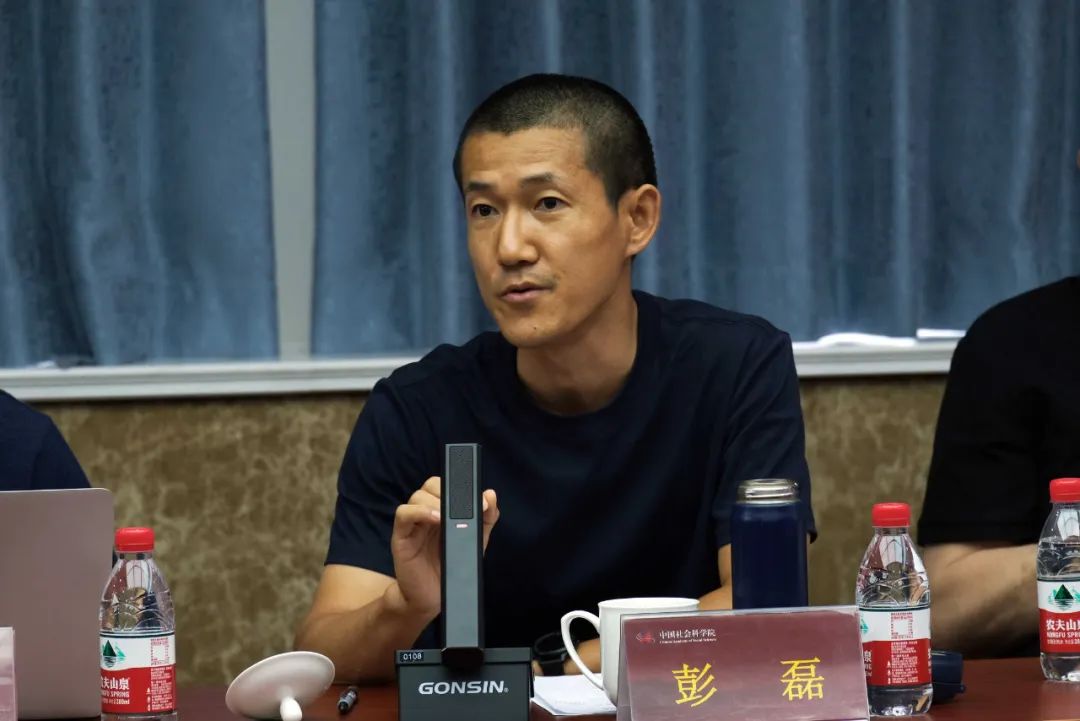
Professor Peng Lei of the Center for Classical Civilization at Renmin University of China expressed that contemporary scholars of classics should learn from Mr. Luo Niansheng to consciously construct their academic coordinates in the realms of civilization and the nation, thereby discovering a source of meaning for their individual lives.
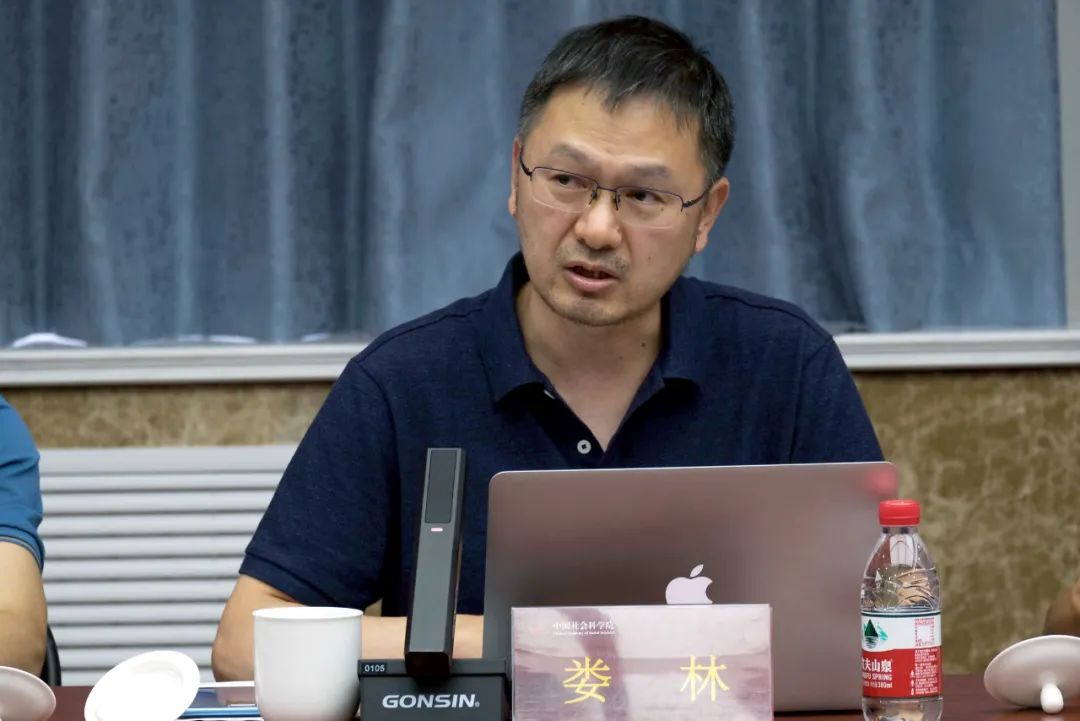
Associate Professor Lou Lin from the Center for Classical Civilization at Renmin University of China remarked that Mr. Luo Niansheng's poetry is imbued with fervor and vibrant energy. Mr. Luo's sensitivity to poetry stems from his comprehensive focus on the entirety of human history, particularly the confluence of Chinese and Greek civilizations. His poetic creations and his research in translating ancient Greek literature mutually enhance and enrich each other.
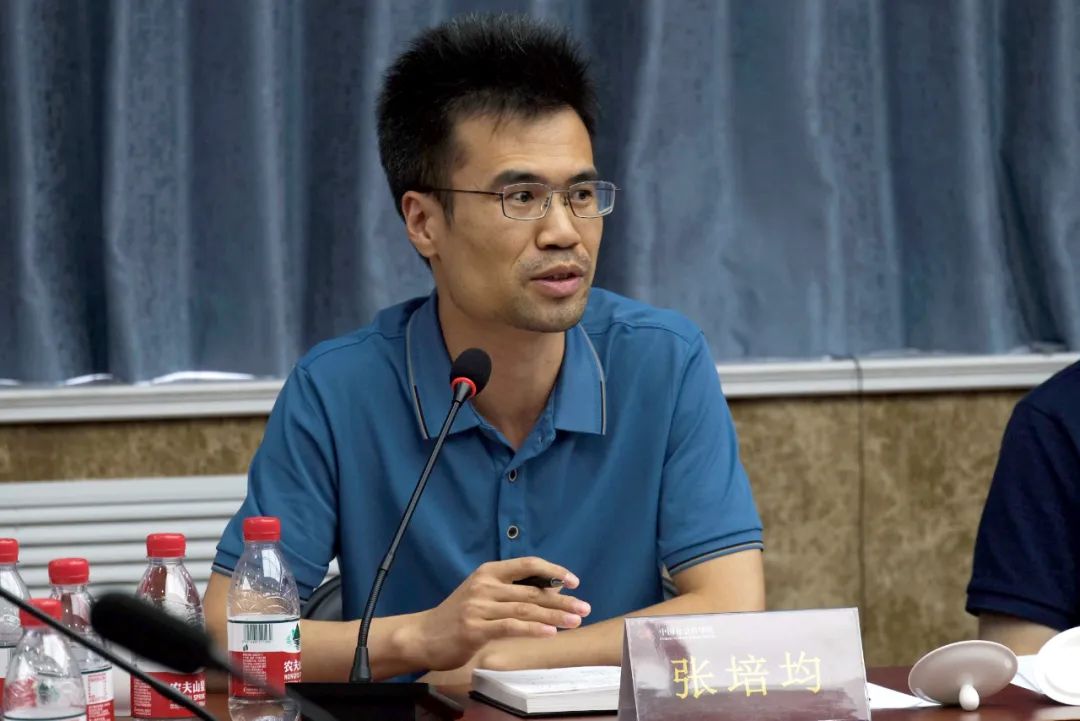
Assistant Research Fellows Zhang Peijun and Gu Zhiying from the Research Group of Classics of the Institute of Foreign Literature of CASS have articulated their deep appreciation for the classics tradition since the founding of the PRC in 1949, as established by Mr. Luo Niansheng, from the perspective of young classical scholars.
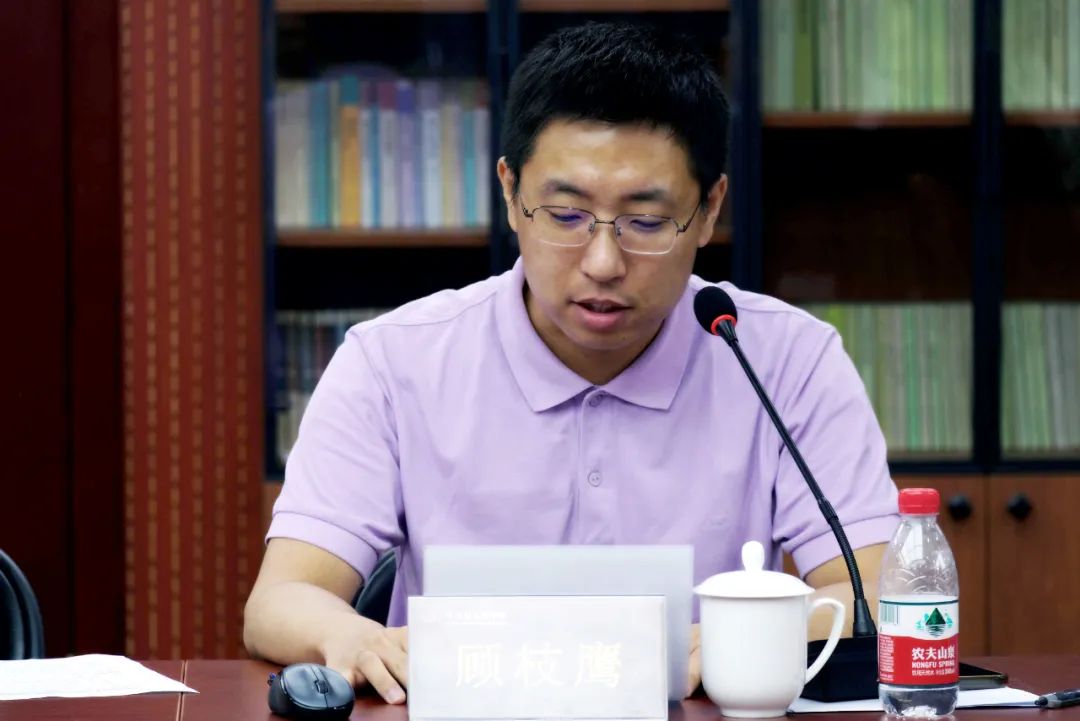
They expressed that the members of the Research Group of Classics, the Institute of Foreign Literature of CASS, are conscientiously continuing the scholarly legacy of Mr. Luo Niansheng. For instance, He Fangying is carrying on Mr. Wang Huansheng's work by annotating and commenting on Homer's epic, The Odyssey, and Zhang Peijun is translating the Histories by the ancient Greek historian Herodotus, while Gu Zhiying is continuing Mr. Wang Huansheng's translation of Cicero's works and overseeing the revision of the Ancient Greek-Chinese Dictionary, originally edited by Luo Niansheng and Shui Jianfu. The Research Group of Classics has received authorization from Mr. Wang Huansheng and will soon publish the Collected Works of Wang Huansheng through the China Social Sciences Press. They are committed to advancing along the path of classics pioneered by Mr. Luo Niansheng.
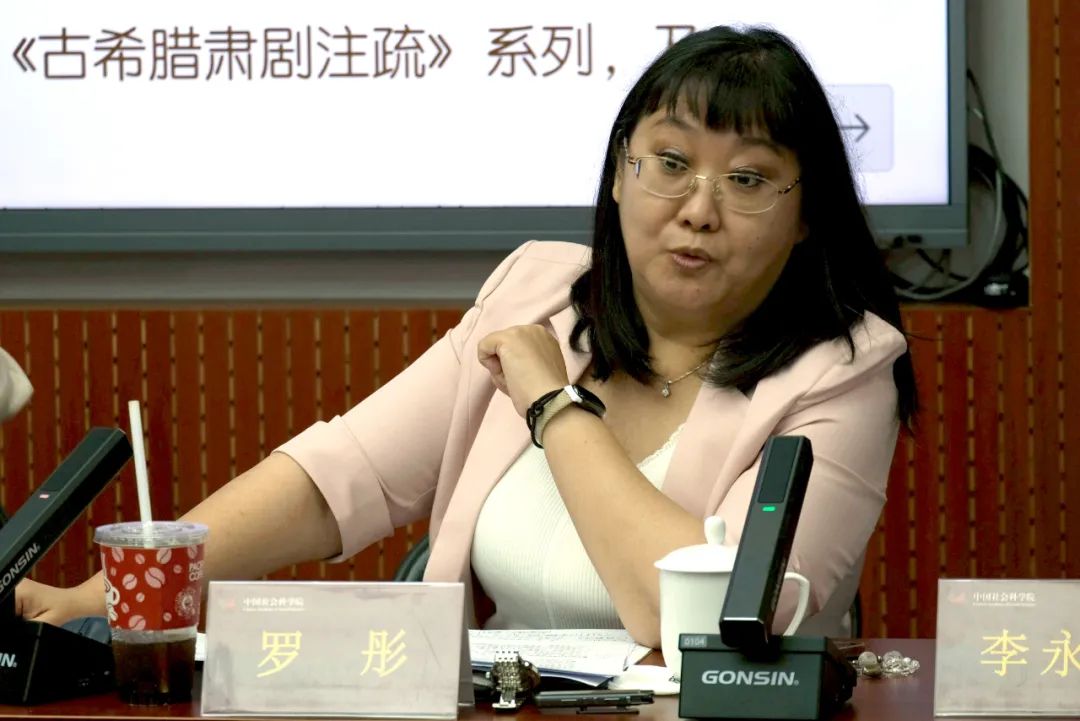
During the second session dedicated to "Luo Niansheng and Ancient Greek Drama," Ms. Luo Tong, the granddaughter of Mr. Luo Niansheng and a resident expert at the Shanghai Theatre Academy, served as the mediator. She reflected on the translation and research of Ancient Greek drama in China, as well as its practical development on Chinese stages. She expressed that, in the context of the new era, there was a need for theatrical works to find expressions more suited to contemporary times, building upon the foundation laid by veteran translators and scholars like Luo Niansheng. She hoped for deeper communication and collaboration between the theatrical community and classics, particularly anticipating a closer academic partnership between the Central Academy of Drama's Research Center for Ancient Greek and Roman Drama and the Research Group of Classics, Institute ofForeign Literature at CASS to promote the translation and stage practice of Ancient Greek and Roman drama, commemorating and carrying forward Mr. Luo Niansheng's legacy.
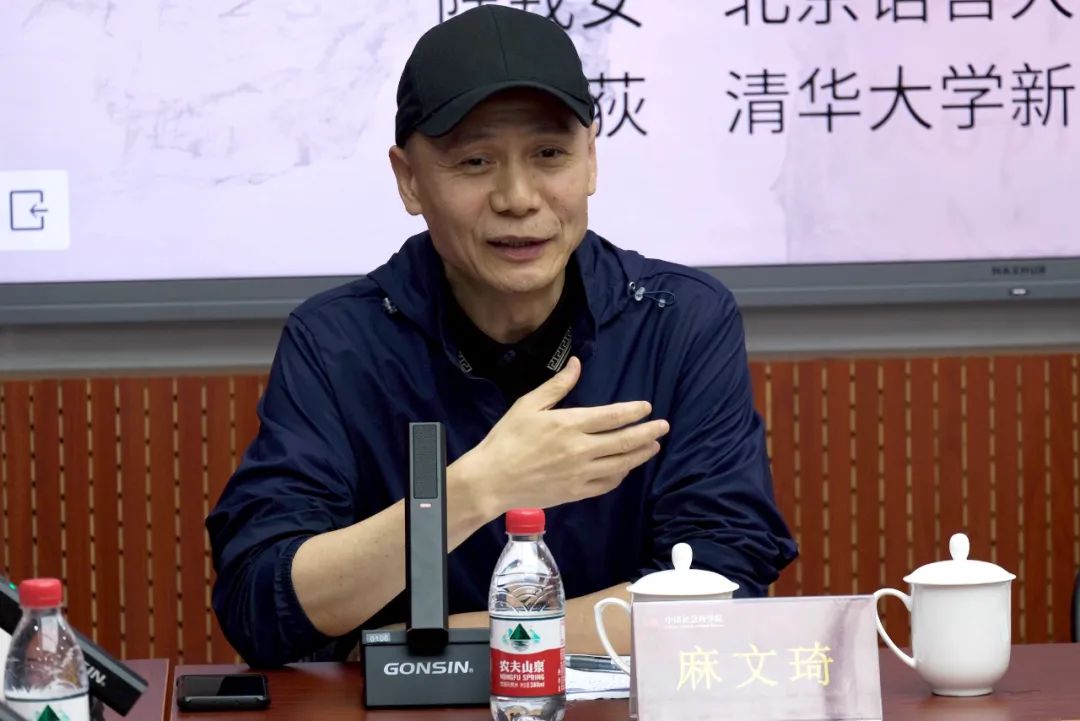
During the discussion session, Professor Ma Wenqi, director of the Department of Liberal Arts at the Central Academy of Drama, served as the first interlocutor and remarked that ancient Greek drama is akin to a living volcano that perpetually engages in dialogue with the knowledge of modern theatre. Mr. Luo Niansheng's translations of ancient Greek dramas have allowed the spirit of these works to be preserved and passed down in China. There is an anticipation for more outstanding ancient Greek dramas to be brilliantly showcased on Chinese stages in the future.

The interlocutor, director Li Liuyi of the Beijing People's Art Theatre has directed three ancient Greek tragedies, including Antigone, Oedipus Rex, and Prometheus Bound. From his perspective as a director and performer, he emphasized that ancient Greek drama serves as the foundation and origin for comprehending modern theatre. However, he cautioned against a simplistic theatre-to-theatre approach, because understanding ancient Greek drama necessitates a study of classics. Only through this can Chinese theatre aspire to reach a global audience, ensuring a future for both Eastern and Western theatrical traditions.
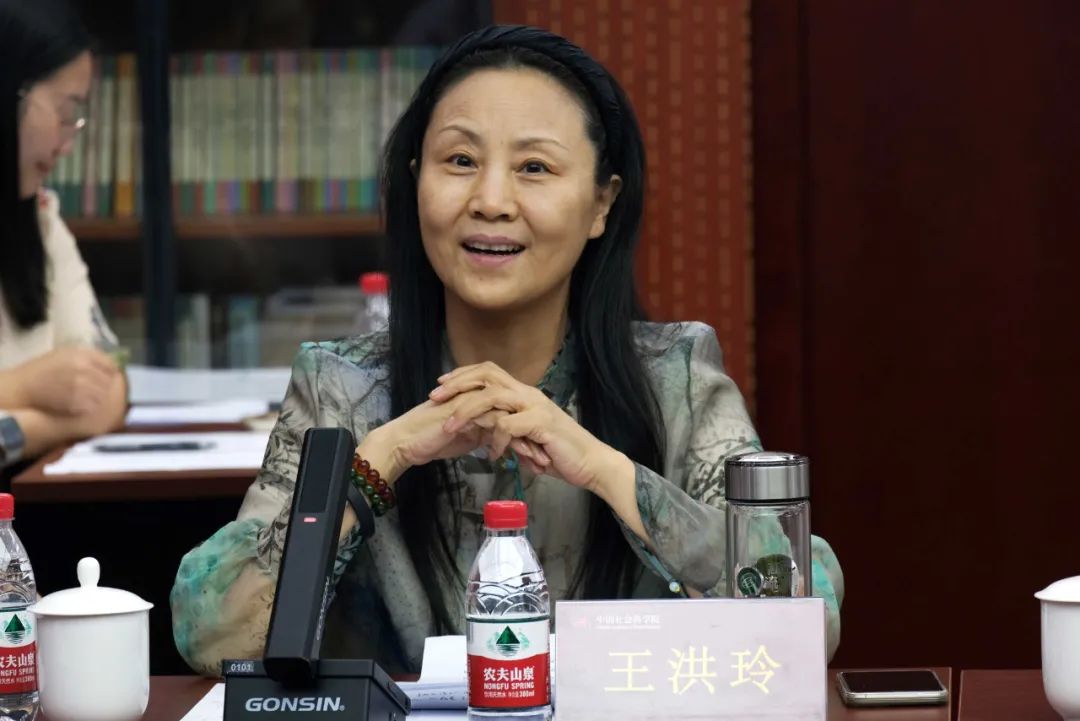
The interlocutor, Wang Hongling, director of the Beijing Hebei Bangzi Opera Troupe and a recipient of the Chinese Drama "Plum Blossom Award," shared her insights from the perspective of stage practice. As the performer of Medea in the Hebei Bangzi adaptation, she discussed the challenges and experiences of integrating ancient Greek drama with Hebei Bangzi on the Chinese stage. Additionally, she delivered a captivating live performance of a segment from Hebei Bangzi's Medea, vividly portraying Medea's plea and lament during the act of filicide, thus illustrating the transformation of ancient Greek drama from text to stage.
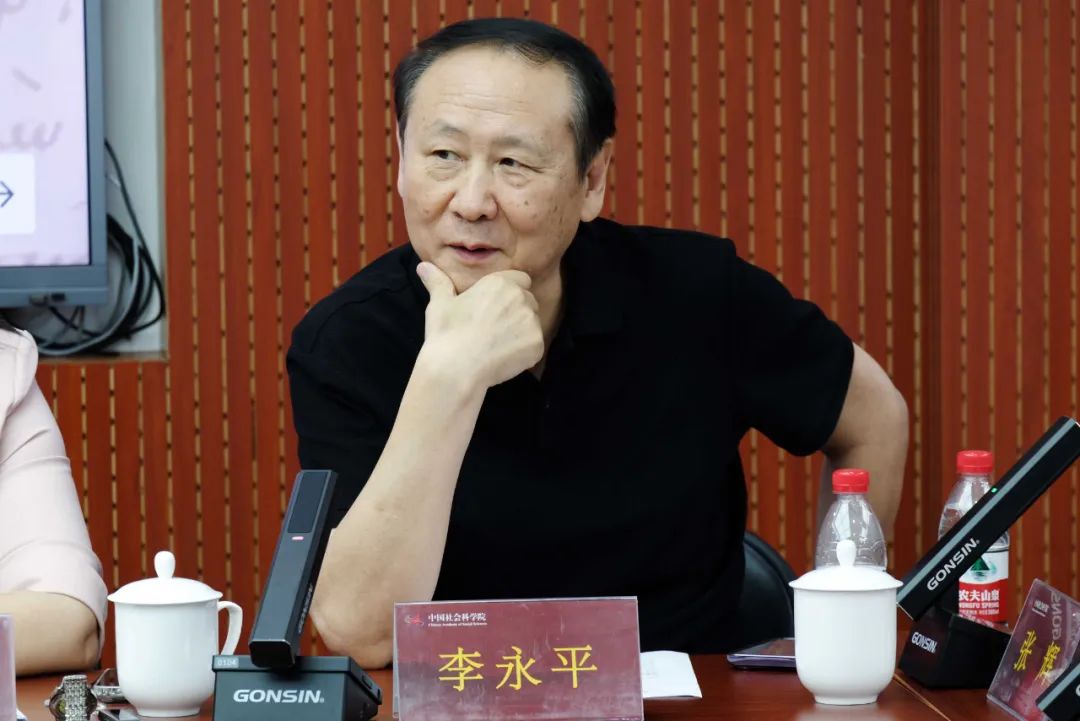
Researcher Li Yongping from the Institute of Foreign Literature of CASS embarked on an exploration of the connections between German and ancient Greek culture. In his comparative analysis of Hölderlin and Mr. Luo Niansheng's translations of ancient Greek drama, he highlighted Mr. Luo's translations as being remarkably precise and evocative, embodying the principles of fidelity, fluency, and elegance.
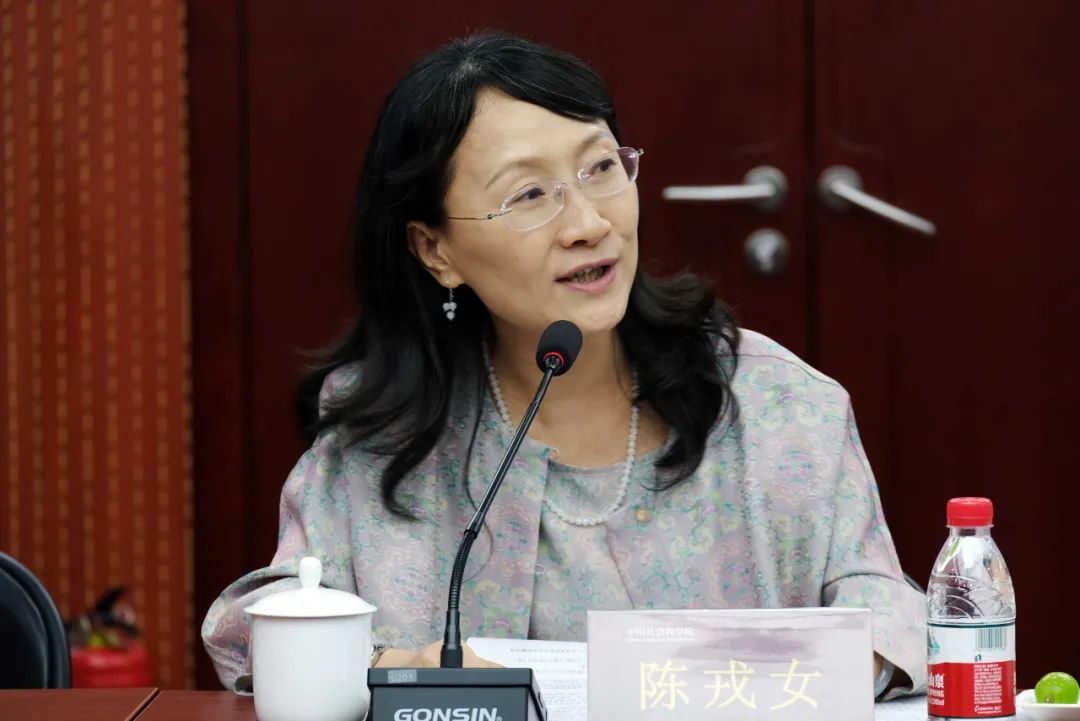
Professor Chen Rongnü from the Institute of Comparative Literature, Beijing Language and Culture University shared insights on the influence of Mr. Luo Niansheng on the translation of ancient Greek tragedies from the perspective of a century-long history of Chinese translations. She highlighted that Mr. Luo Niansheng's translation of The Persians was the first Chinese rendition of the play in the Chinese academic community, representing the response of Chinese intellectuals in the 1930s to the monumental changes of their era.
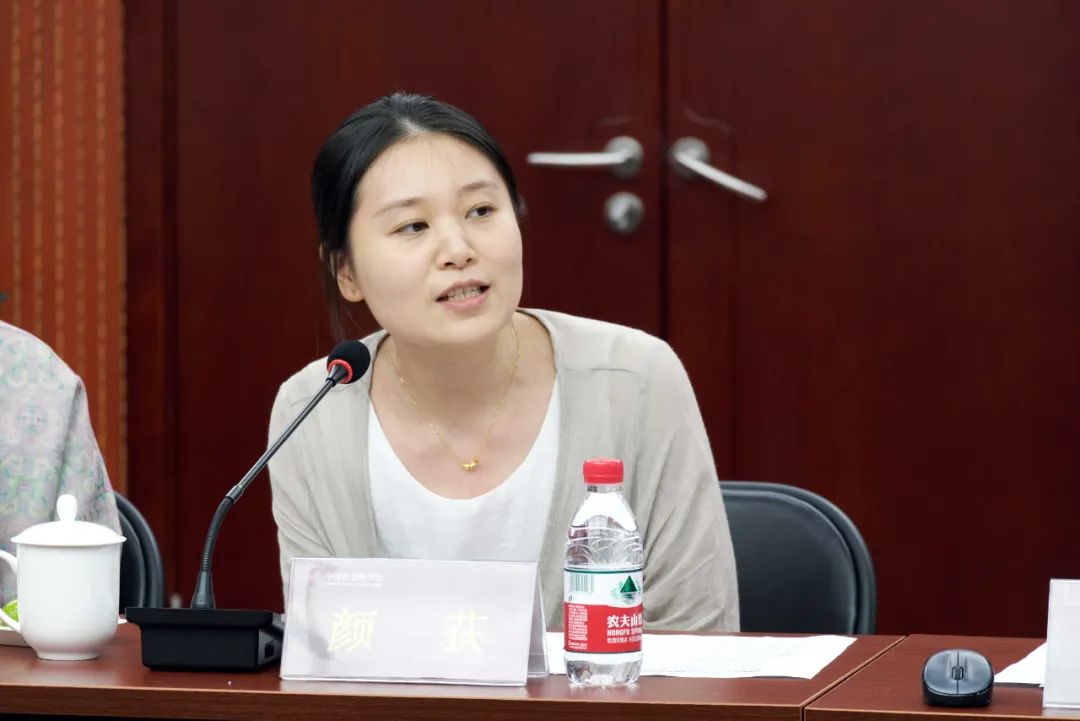
Assistant professor Yan Di from the Xinya College, Tsinghua University suggested from a pedagogical perspective that Professor Luo's translation of ancient Greek drama is a wise choice. Compared to philosophy and history, drama more readily immerses learners in the spirit of ancient Greece. Given its connection to the performing arts, ancient Greek drama is more accessible to the public. The integration of research, translation, and stage practice can mutually enhance one another.
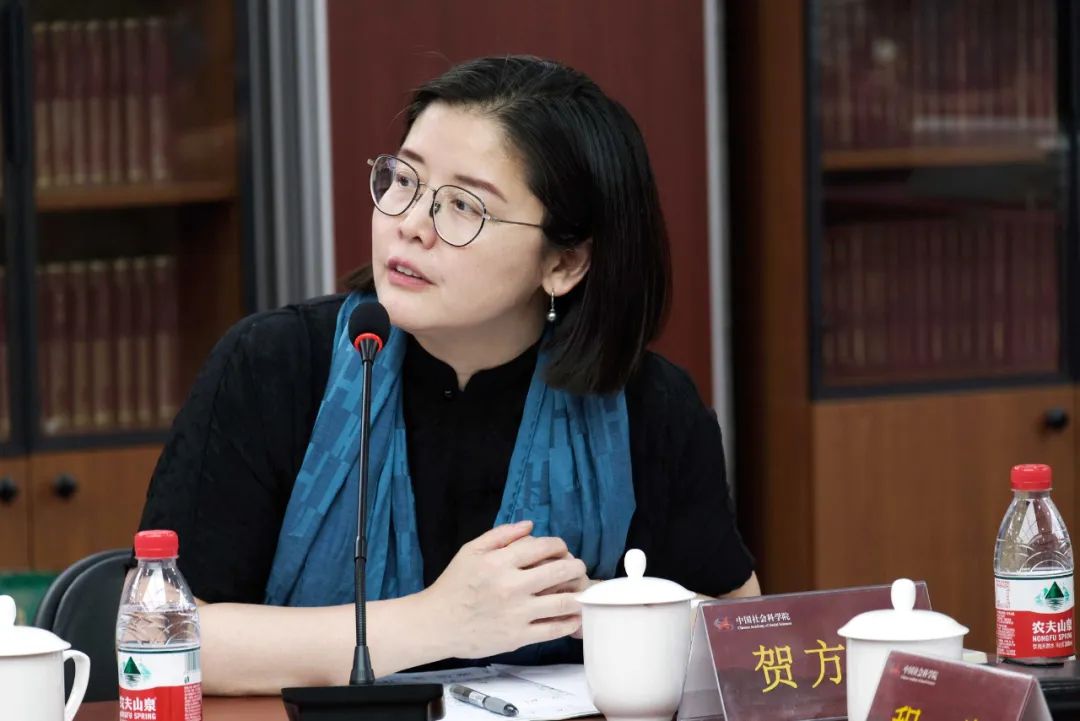
The closing ceremony of the symposium was presided over by researcher He Fangying from the Research Group of Classics, the Institute of Foreign Literature of CASS. She highlighted that this symposium stands as the most significant academic conference since the establishment of the Research Group of Classics in December 2023. The event was graced by esteemed scholars, who joined with emerging academics to honor Mr. Luo Niansheng, the founding figure of classics since the founding of the PRC in 1949. The period from 2 pm to 6 pm of July 10, 2024 was indeed an unparalleled "moment of classics."
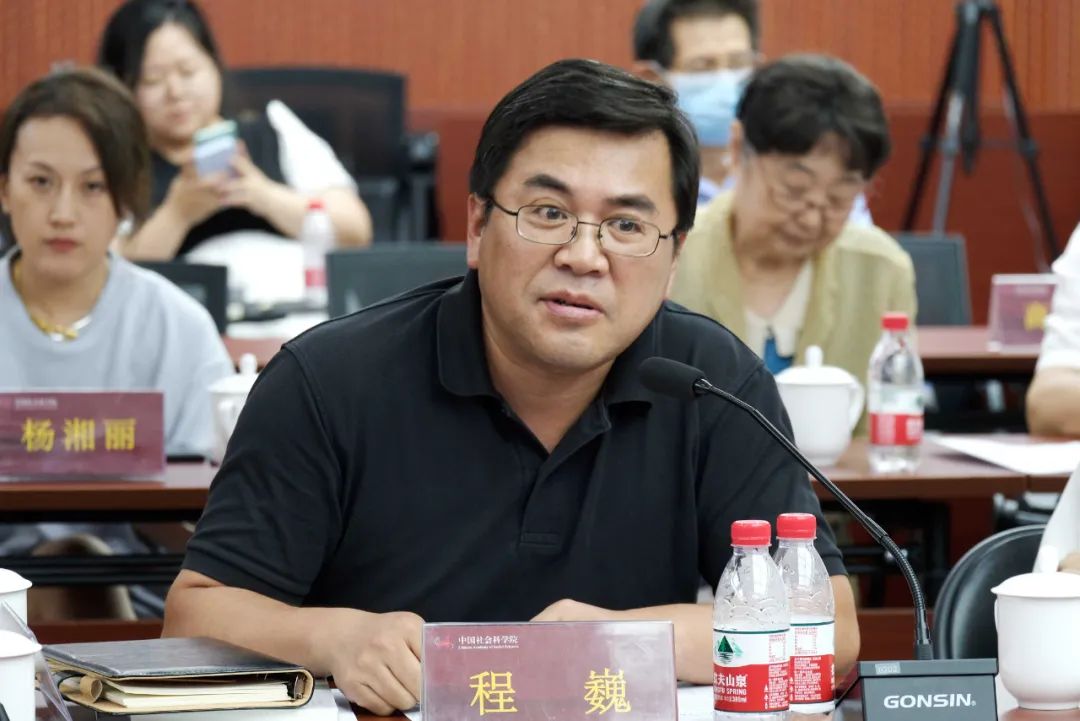
In his closing remarks, researcher Cheng Wei, director of the Institute of Foreign Literature of CASS, expressed his heartfelt gratitude to the attending guests, particularly venerable elders the couple of Luo Jinlin and Zhao Shubao, as well as Mr. Wang Huansheng. He articulated that classics are not about antiquarianism or rigid adherence to the past, but rather about seeking roots and understanding the past to illuminate the present. Mr. Luo Niansheng, for decades, has steadfastly dedicated himself to the translation and research of classics, producing a wealth of works and pioneering this discipline in China. Successive generations of scholars have continued his academic lineage, significantly expanding the scope of classics to encompass the classical knowledge of major Eastern and Western civilizations. This endeavor aims to foster exchange and mutual learning, bridging ancient and modern as well as East and West, thereby providing a profound foundation of humanistic, ethical, and political culture for today's modernization and globalization. The Institute of Foreign Literature has already established a team dedicated to classics that is committed to carrying forward the academic lineage initiated by Mr. Luo Niansheng and further advancing the development of the discipline.
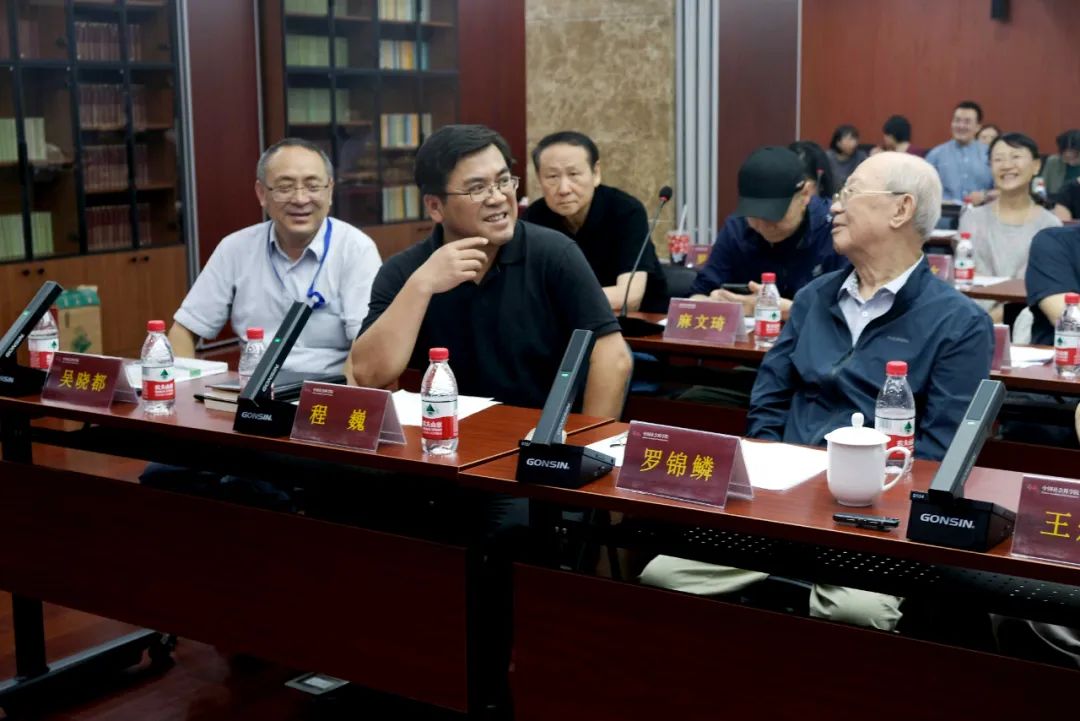
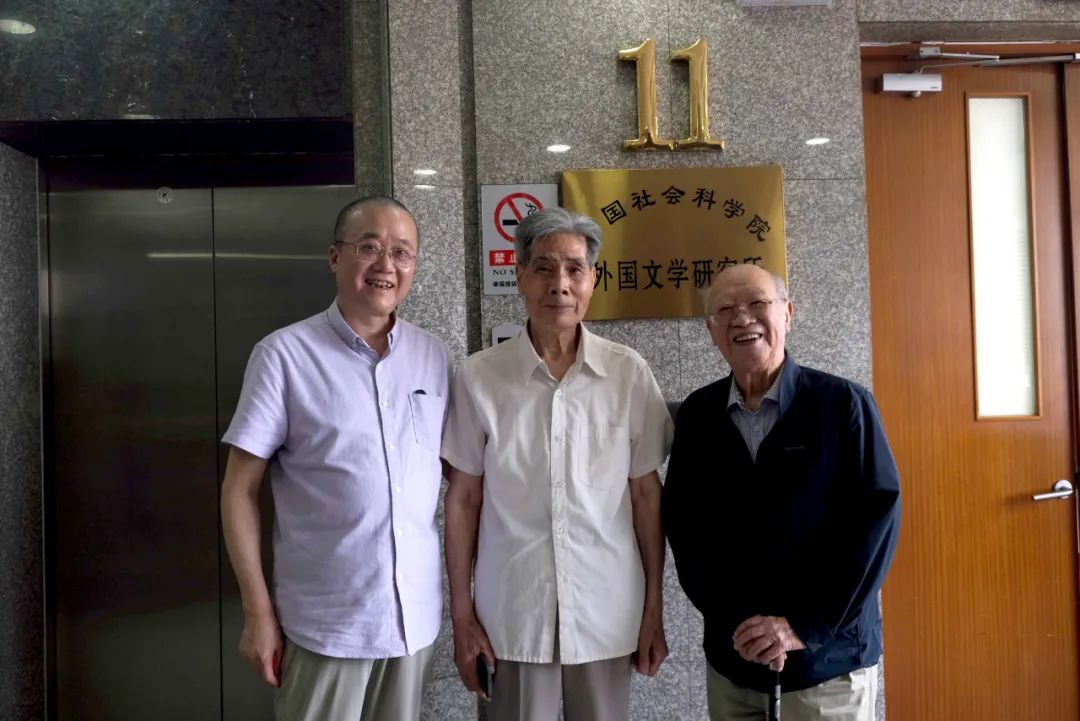
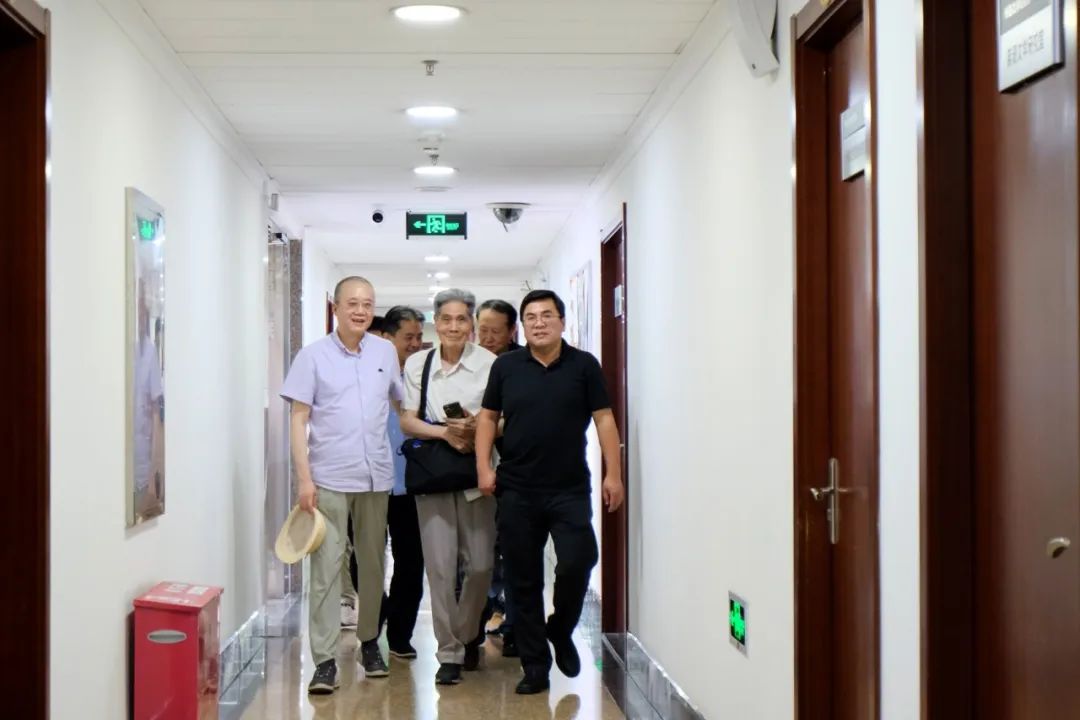
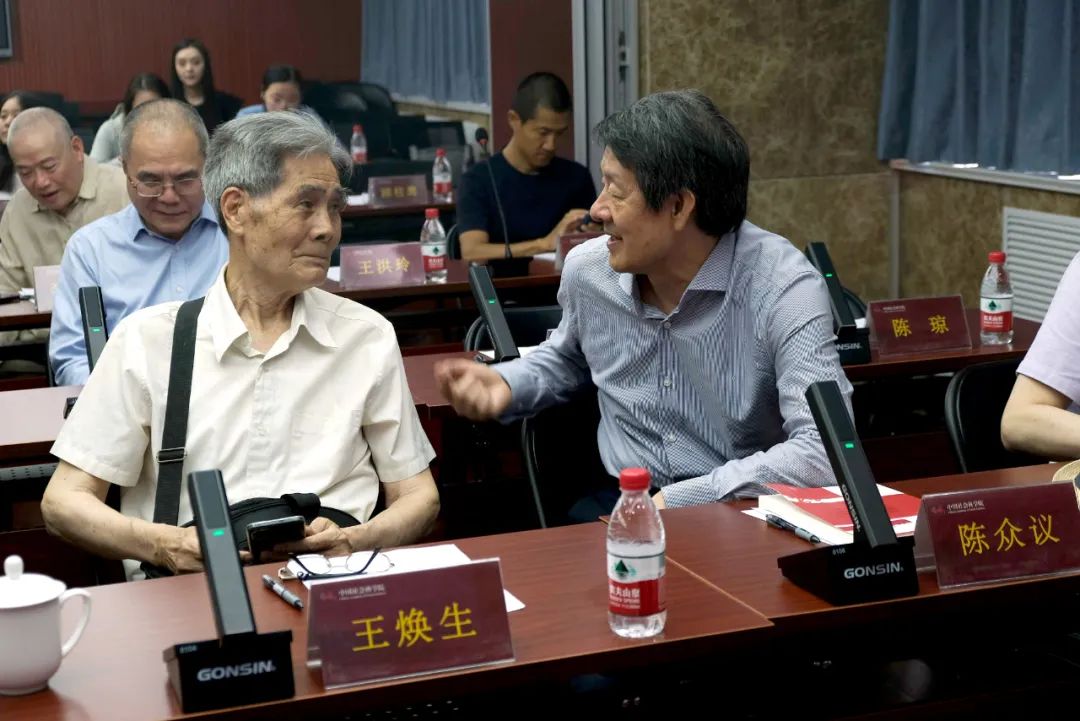
A glimpse into the symposium
The successful convening of this symposium holds significant importance for the advancement and development of the discipline of classics. Particularly as China and Greece, two ancient civilizations, embark upon a new phase of cultural exchange and mutual appreciation of civilizations, there arises a dual necessity—both practical and theoretical—to comprehend the traditions of these two great cultures.
Our predecessors paved the way with great hardship. Today, countless vessels compete in the current. We, in our times, bear a heavy responsibility and a long journey ahead.




